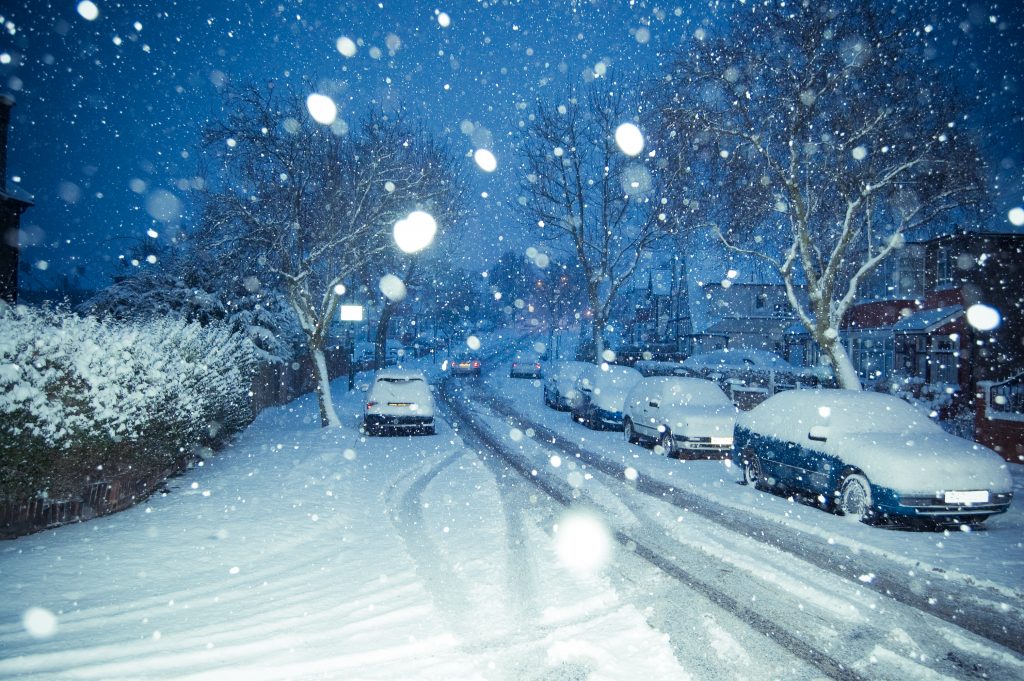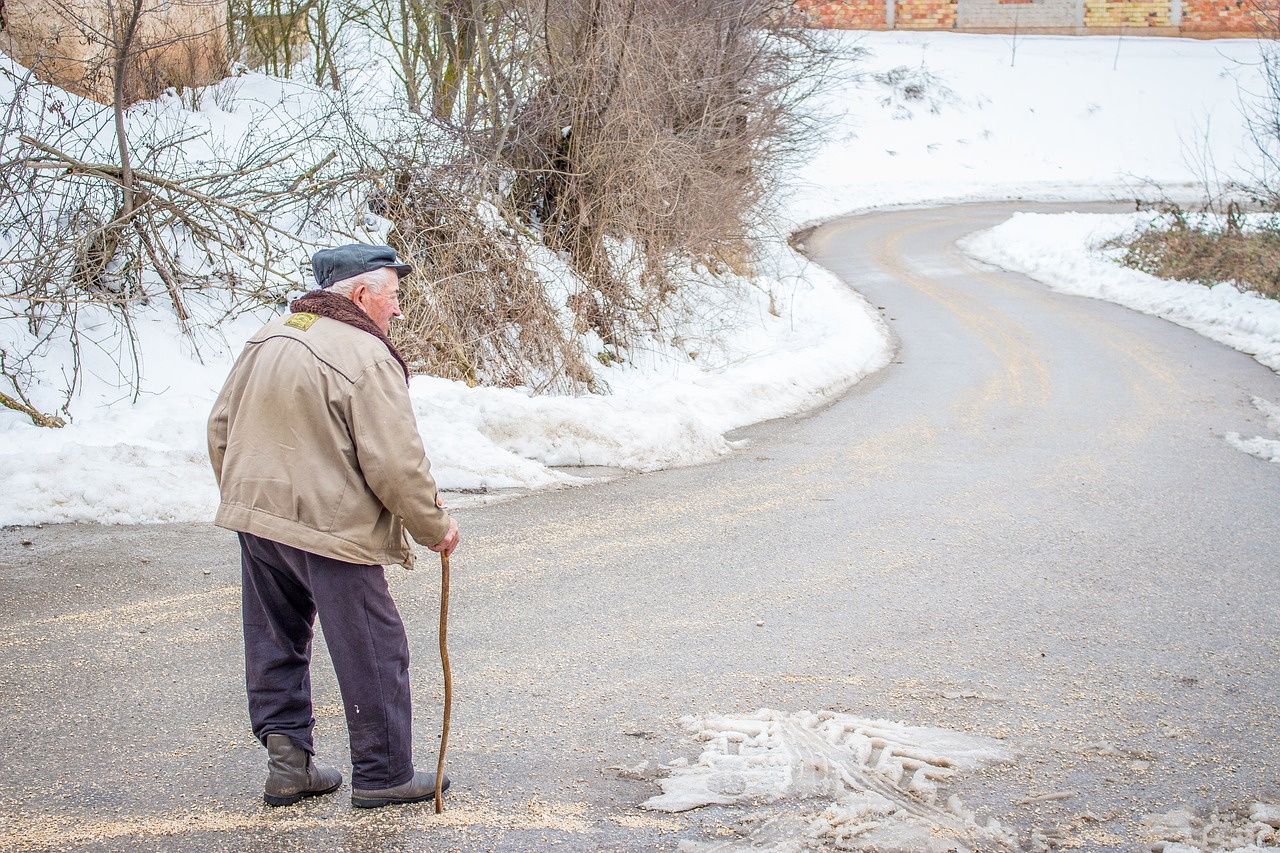In the winter, one older person dies every seven minutes. But it isn’t usually the cold weather that causes preventable deaths but rather the effects of it, many of which are manageable.
Britain has been facing one of the most challenging winters in a decade, battling extremely cold weather conditions and various influenza strains.
A range of hospitals have been running at 100 percent occupancy levels for the past two or three months. The Met Office issued amber, and even some red, cold weather alerts, advising people not to leave their homes and to “take action to protect themselves and others”.
Thousands of Premature Deaths
 Image Credit: David Merrigan / Wikimedia
Image Credit: David Merrigan / Wikimedia
In January to February 2018 alone 94,000 people have died, 10,400 deaths more than average for this season.
Older people are particularly at risk of needing hospital care and of dying in these winter months. Around 87% of recorded deaths in 2018 were of people aged 65 or older.
AgeUK fears that at least 29,000 of these winter deaths could be premature, accounting for 230 preventable deaths a day and NHS England recently spoke of a “significant excess” of deaths in the over 65s this year.
The cold isn’t usually lethal to older people per se. Rather it is the effects of the cold. Prolonged exposure to low temperatures can trigger heart and lung conditions. Icy surfaces can lead to injuries through trip and falls.
Isolated individuals may lack medication and food supplies if no one comes to check on them. While no one can control the weather, something can be done to protect older people from the impact of the cold.
How is the Cold Weather a Human Rights Issue?
Under human rights law, everyone has a right to an adequate standard of living and the right to the highest attainable standard of physical and mental health.
Inadequate heating, poorly insulated housing and health inequalities as well as circulating infectious diseases are the major factors that lead to more deaths in winter compared to other seasons, according to Public Health England.
Diseases, such as the flu, infect more easily when an individual experiences hypothermia. A warm environment is therefore vital to stay healthy and well in the winter.
The recommended indoor temperatures are 18°C in the bedroom and 21°C in living spaces. With temperatures as low as -6°C, or even lower during the night, good heating systems – and the money to pay for them – are key to staying healthy.
But many older people in the UK are still struggling to keep warm. One in five homes (approximately 2 million households) occupied by older people fail the decent homes standards. This means that their flats or houses may be damp, poorly insulated and heated or have other health and safety issues.
People aged 60+ are more vulnerable to experiencing fuel poverty compared to some younger age groups.
Loneliness as a Human Rights Issue
 Image Credit: Jake Oates / Unsplash
Image Credit: Jake Oates / Unsplash
Loneliness is another risk factor for serious health issues and premature death, especially in winter.
In England, around 1.2 million older people are lonely. In the extreme, this can lead to individuals leaving their homes in icy conditions with no one to look out for their safe return.
Medical conditions may appear and worsen without anyone noticing. A healthy diet full of fresh fruit and vegetables is important to boost the immune system but only available to those who can go out and buy them or have someone who goes shopping for them.
The ‘Beast from the East’, Britain’s most recent cold snap, seems to be fading and hope for warmer weather is returning.
However, one thing is certain – winter will return again in only nine months time. Knowing about the effects of cold weather on older people and how to tackle them is a crucial factor in preventing thousands of premature deaths.






